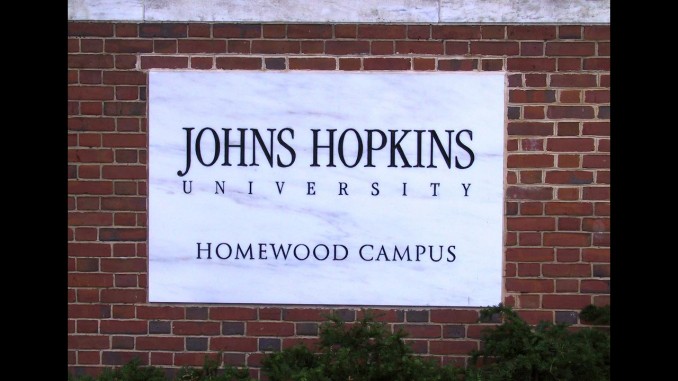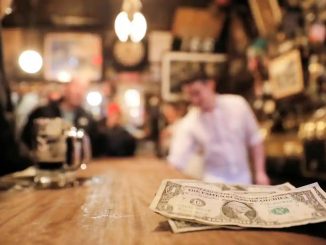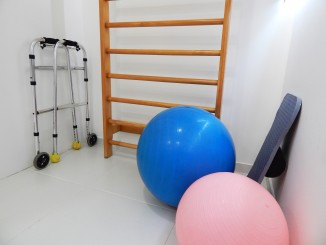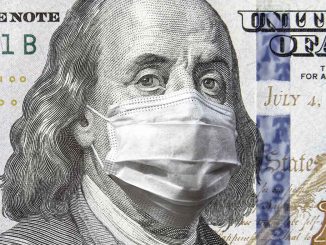
Johns Hopkins University, known as one of the world’s leading public health institutions, and the most frequently cited COVID-19 data source in the daily news, insists on its undergraduate students and many graduate students returning to in-person classes. Focusing on profit rather than the wellbeing and safety of its students, faculty, staff, and surrounding communities, the Hopkins administration excitedly sent out emails and letters to thousands of students and their parents exclaiming that “a significant post-Thanksgiving surge did not materialize in our area to the extent feared” and so students could return to classes beginning February 1. Unlike many other schools, no mandatory post-arrival quarantines were required. Student athletes returned to their normal schedules, working out and socializing in close proximity with teammates. Johns Hopkins, the famous public health and medical institution, simply required that students abide by a social contract agreeing not to gather or socialize.
A part of Hopkins’s appeal to students and their families is that the steep tuition in part pays for students’ in-person time with prestigious faculty. So, it’s reasonable to ask that, during a pandemic that eliminates in-person learning, tuition should be reduced. But that’s not what Hopkins is doing. They are saying that online learning is worth as much as in-person.
Only two days after sending out that reopening message, the university suddenly announced that a surge of new COVID-19 cases emerged within the student population and that all in-person activities on that campus were suspended for two days. What’s more, all students living both on and off campus had to self-quarantine and all campus facilities were closed. Five days after the initial surge, Hopkins administration announced that the trend in testing saw “just three new cases” in one day and so in-person classes could resume. Their solution to preventing further outbreak is to remind students about the social contract they must agree to and increase disciplinary action for students who break these rules, rather than providing resources like private rooms, food distribution, test distribution, and a functional COVID-19 prevention plan – or better yet: not encouraging its students to return to in-person classes!
Why does the Hopkins administration insist on a return to in-person classes? The tuition money they receive trumps the wellbeing of the community that Hopkins supposedly serves. A recent study out of Stanford University, showing that schools are “superspreaders,” was published only five days after Hopkins’s announcement to return its students to campus. The study says, “these local campus outbreaks rapidly spread across [their] entire county and triggered a peak in new infections in neighboring communities.” Located in Baltimore City, Hopkins has a history of exploiting its majority Black neighbors, including stealing their cells for scientific research and forcefully displacing nearby residents to expand their campuses.
Not only does this decision to return to in-person classes risk the health and lives of the students paying an arm and a leg for their education, but the Hopkins administration is yet again prioritizing its profits and reputation over the safety, wellbeing, and lives of the community they are a part of. Meanwhile, the Johns Hopkins Coronavirus Resource Center wins public health awards and continues to be cited daily for COVID-related statistics. They know better, but they simply do not care.




